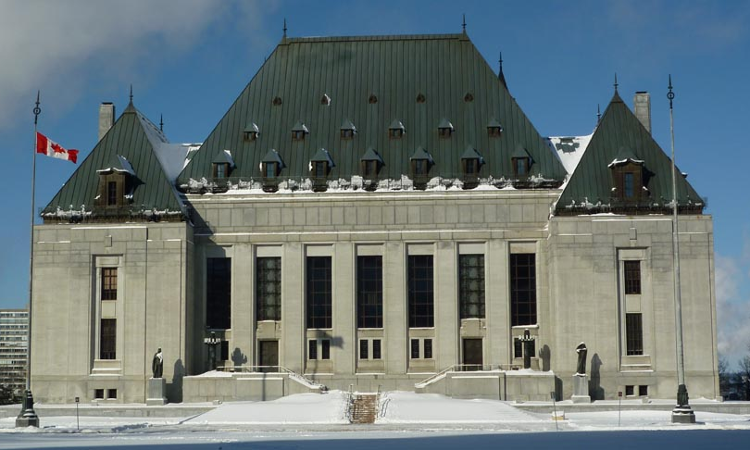Canada Supreme Court Rules Police Need A Search Warrant To Get Person's IP Address
Rajesh Kumar
20 March 2024 2:45 PM IST

Next Story
20 March 2024 2:45 PM IST
The Supreme Court of Canada, in a narrow 5-4 majority ruling, declared that Canadians' internet protocol (IP) addresses are protected by the Constitution, requiring law enforcement to obtain prior judicial authorization for access. This decision, arising from the case of R. v. Bykovets, has far-reaching implications for online privacy and law enforcement procedures. What...
